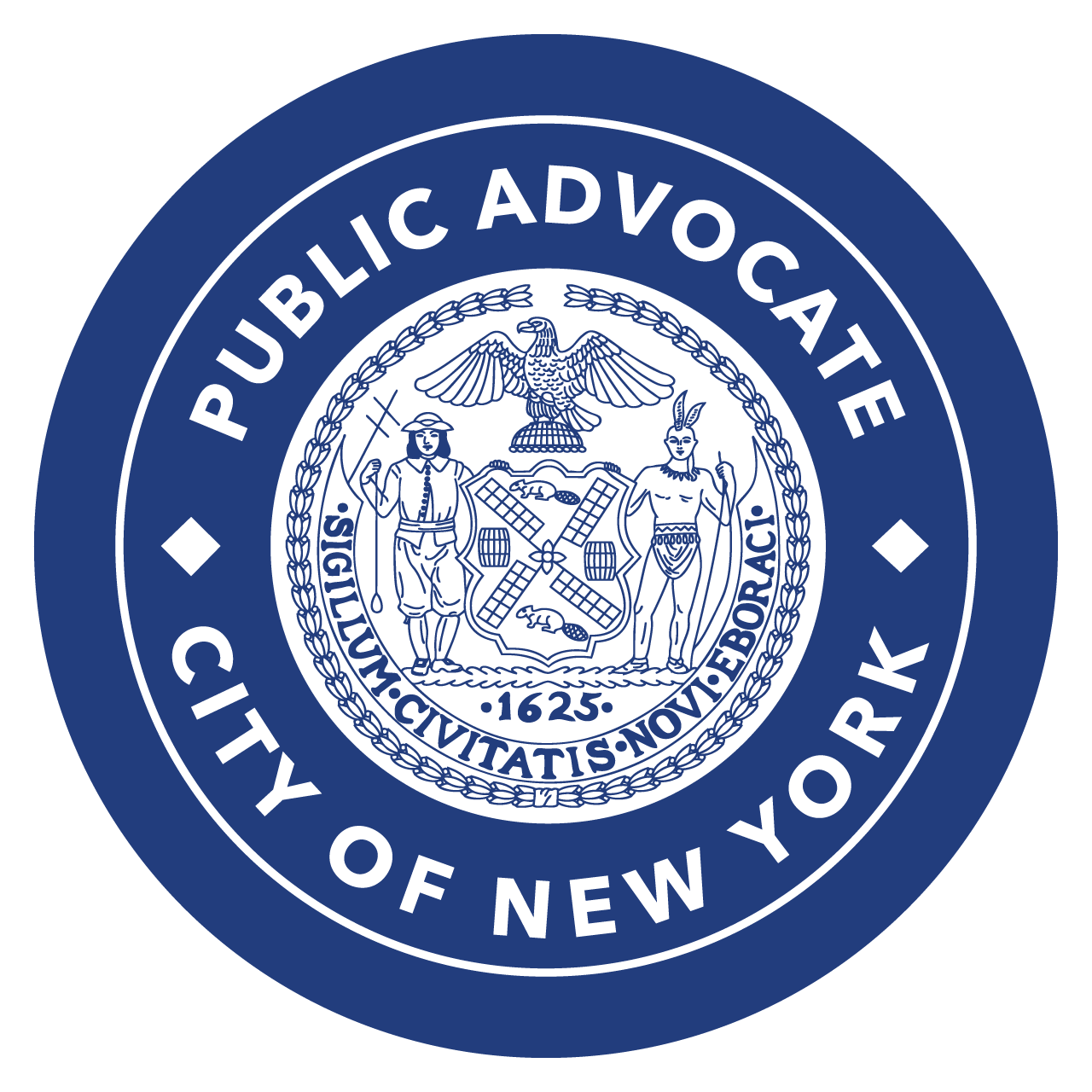Public Advocate Jumaane D. Williams released a comprehensive report today on the preliminary response and long-term recovery efforts by New York City to combat the COVID-19 outbreak. The report highlights how the city could have acted more swiftly in responding to the pandemic while outlining ways to move forward to better protect lives and mitigate the impact of future crises.
The 54-page report, "COVID-19 Pandemic: Preliminary Response & Recovery," which can be read in full and downloaded here, addresses a wide range of issues from healthcare, to housing and criminal justice, to education and workforce development, to the census and civic engagement.
"The COVID-19 pandemic has affected nearly every aspect of our lives and our city, and meeting this crisis means recognizing that and adapting our systems and processes with the goal of harm reduction, particularly for the most vulnerable New Yorkers," said Public Advocate Williams. "But as we are eventually able to move into long-term recovery, it will be critical to realize the failures and gaps in those systems that were exposed and expanded by the crisis, and do the hard work of closing them to mitigate any future disaster."
Response recommendations in the report point to immediate steps that need to be taken in order to respond to the crisis today and over the next 90 days. Recovery recommendations are long-term actions which should be taken for New York City to recover from the COVID-19 crisis and prepare to mitigate any crises on the horizon.
The response recommendations in the report supplement the Public Advocate's previous calls for a citywide mandatory "Lockdown" to slow the spread of the virus, which included enhancing movement restrictions, enacting an emergency public information campaign, closing outdoor recreational spaces, expediting decarceration efforts, housing homeless New Yorkers, limiting prepared food service to delivery, restricting in-home care to medical necessity, and strengthening a moratorium on non-essential construction.
The Preliminary Response & Recovery Report is designed to be a living document, with efforts adapting as the COVID-19 crisis shifts, declaring "While comprehensive, this report is not exhaustive. There are additional issues to address, as we are in the midst of this crisis. It is the beginning not the end of the conversation."
